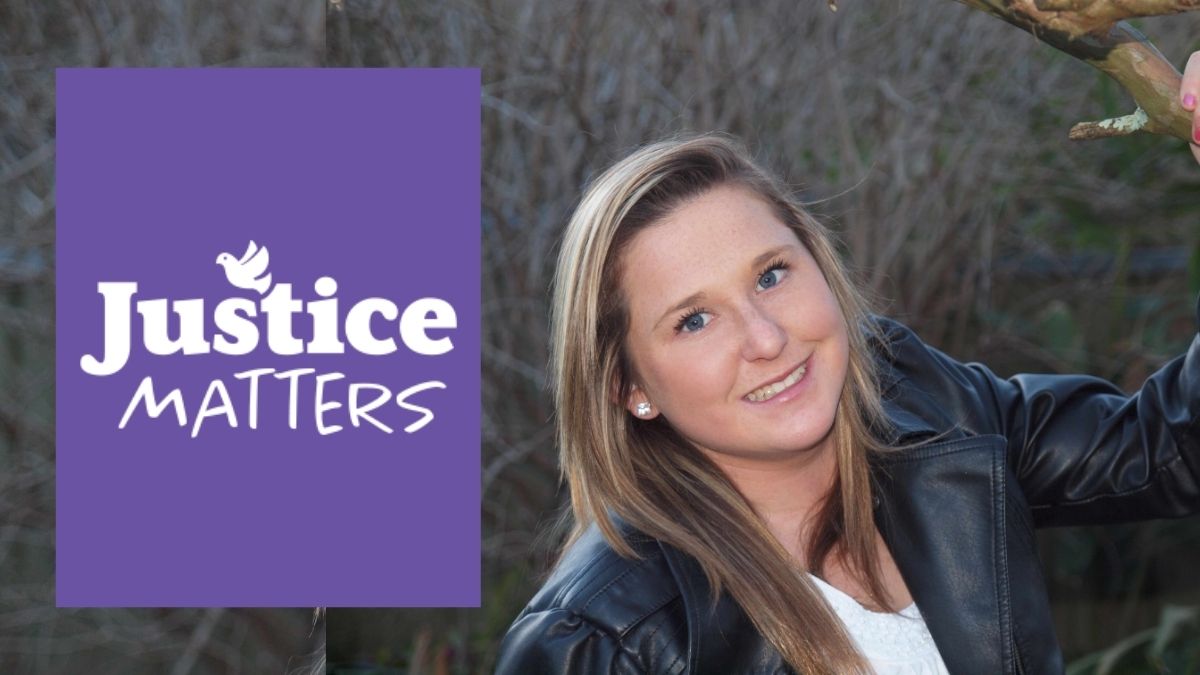
The Cognitive Impairment Diversion Program changes lives and keeps people out of jail.
The Disability Royal Commission hearing in February 2021 included a major focus on the Cognitive Impairment Diversion Program (CIDP). At the conclusion of the hearing, Chief Commissioner Ronald Sackville AO QC said:
“We heard from Ms Taylor Budin who explained how the provision of support through the CIDP turned her life around. Had that support been available earlier, it is highly unlikely that Ms Budin would ever have found her way into custody. As she said, ‘If I was in the prison system still, I wouldn’t have this support now and I would be sitting there, screwed … How many other people are still in there that need to be on the program? That could be out, not in?’
My previous article focused on the Justice Advocacy Service (JAS) which provides support for people with cognitive disability caught up in the criminal justice system. This article focuses on the need for a diversion program that complements JAS.
For three years, the Intellectual Disability Rights Service (IDRS) ran the Cognitive Impairment Diversion Program (CIDP) in two courts. This program went a step further than JAS. It linked people into the supports they needed for a good life and to keep out of trouble with the law.
“It is somewhere where you feel safe. You’ve got support. They’re going to put you into programs that are going to benefit you but also benefit court. They’re going to help you change your lifestyle and make good choices in life, not those bad choices any more. They’ll help you get medication reviews done, they’ll help you plan your weeks, they help you make sure you’re linked in to good services.” Taylor Budin, CIDP participant.
The CIDP gave magistrates confidence to make diversionary orders rather than impose jail sentences and other penalties. Diversion orders were made in over 66% of cases. 25% of CIDP clients were Indigenous Australians.
The Department of Communities and Justice stopped funding the CIDP in June 2020.
Despite defunding the CIDP, the Department of Communities and Justice (DCJ) recognised the importance of a program like the CIDPjust and the value of extending it to more courts. At the Disability Royal Commission, DCJ Secretary Michael Coutts-Trotter said that the Department was putting to Government a proposal for a revamped diversion program.
People with cognitive disability are relying on you Gladys Berejiklian and Mark Speakman
Justice Matters and we need to make sure the June NSW budget includes:
- Continued funding for the Justice Advocacy Service which provides vital support for victims of crime, witnesses and alleged offenders with disability in their interactions with police and the criminal courts.
- Funding for a statewide diversion program supporting alleged offenders with disability out of the criminal justice system and into support from the NDIS and other human services
Disability Royal Commission Chief Commissioner Ronald Sackville also noted in his summary, “This hearing has shown … that there is no shortage of worthwhile approaches to end the cycle created by the criminalisation of disability.” “The difficulty is to ensure that effective programs are introduced, supported and properly funded and not just in the short term.”
“If it wasn’t for CIDP, I think my life would be still down the same track I was in. I’d be in jail right now, probably for like 20 different charges, still doing all types of drugs, still hanging around the wrong crowds, doing everything possible that’s illegal.” Taylor Budin, CIDP participant.
Premier and Attorney General, please make sure the funding is there for people with cognitive disability to get a fair go in the justice system, including a statewide court diversion program.
Watch Taylor’s video here:
Find out more about our campaign Justice Matters here.
Jim Simpson
Senior Advocate



 1800 424 065
1800 424 065 













